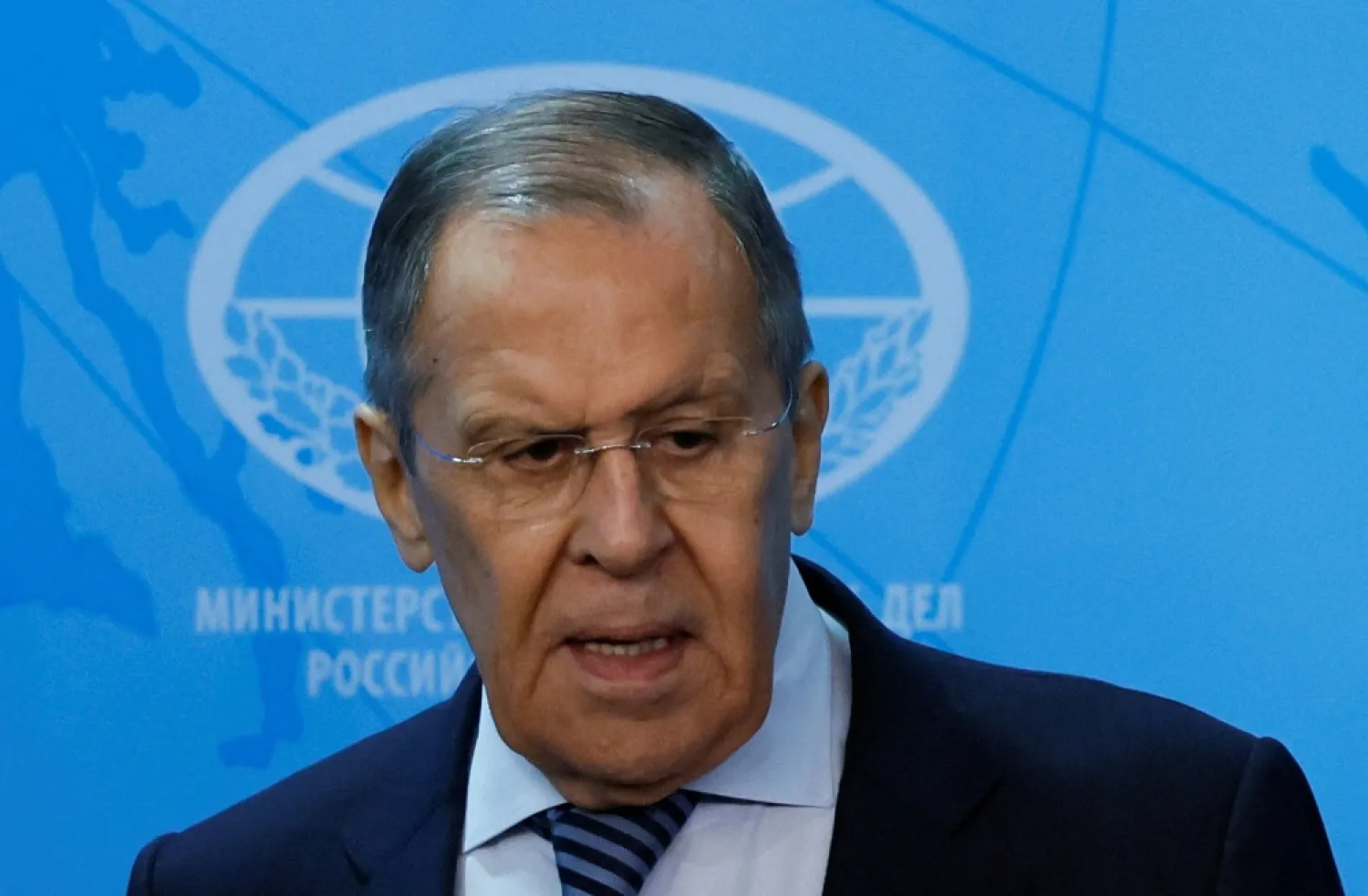Russia will achieve its objectives in Ukraine despite a “hybrid war” waged by the West against Moscow, the top Russian diplomat said Wednesday.
Russian Foreign Minister Sergei Lavrov said the goals of Moscow’s “special military operation” in Ukraine are “determined by Russia’s core legitimate interests” and will be fulfilled.
“There must be no military infrastructure in Ukraine that poses a direct threat to our country,” Lavrov said, adding that Moscow also intends to make sure the rights of ethnic Russians in Ukraine were protected.
Russian President Vladimir Putin has explained his decision to send troops into Ukraine on Feb. 24 by the need to “demilitarize” and “denazify” Ukraine, to prevent the neighboring country from joining NATO and to protect Russian speakers living there. Ukraine and its Western allies have rejected those arguments as a cover for an unprovoked act of aggression.
Speaking at a marathon annual news conference, Lavrov dismissed Ukrainian President Volodymyr Zelenskyy’s demands for a complete Russian withdrawal from Ukraine. The minister also dismissed Ukraine's insistence on payments for war damages and the prosecution of war criminals as a platform for future talks, saying “there can be no talks with Zelenskyy.”
Lavrov added that “the West makes all the decisions for Ukraine” with the goal of using the conflict to exhaust Russia. NATO members have provided Ukraine with substantial military aid.
“The amount of Western support clearly shows that the West has invested a lot in its war against Russia,” he added. “It’s the West that makes the decisions. And it has made decisions for Ukraine and without Ukraine.”
Lavrov asserted that Russia’s action in Ukraine was “our response to a hybrid war unleashed against us” by the West.
He said Russia was ready to “seriously consider” any Western initiatives on ending the conflict but added, “We haven’t seen any serious proposals yet.”
Any future Russian talks with Western representatives shouldn’t be limited to Ukraine, Lavrov continued.
“It makes no sense to talk to the West only about Ukraine,” he said. “The West is using Ukraine to destroy the security system that existed in the Euro-Atlantic region for a long time and hinged on consensus, indivisibility of security and settlement of all issues through dialogue and cooperation.”
Lavrov warned that Russia's showdown with the West over Ukraine was part of global policy shifts that will evolve over a long period.
“The process of forming a multipolar world order will be long; it will take an epoch,” he stressed. “And we are in the middle of that process now.”
He cited Western efforts to hamper the widening cooperation between Russia and China, maintaining they would not succeed.
Lavrov stated that Russia’s relations with the West “will never be the same,” accusing the West of failing to observe signed agreements with Moscow.
“Never again there will be a situation when you lie, sign documents and then refuse to fulfill them,” he said.









